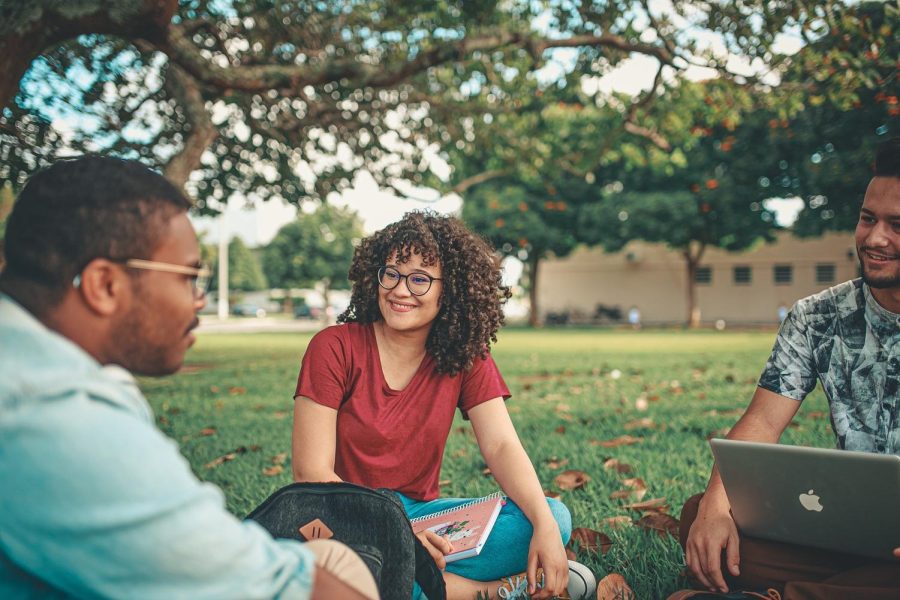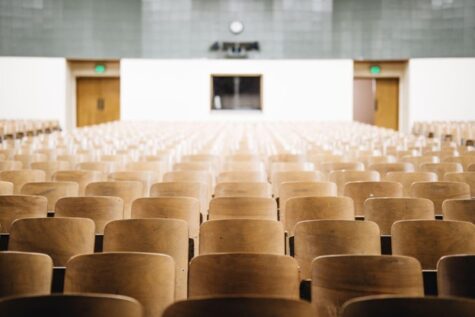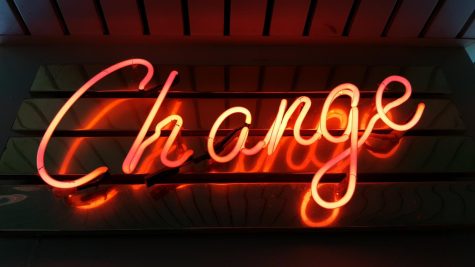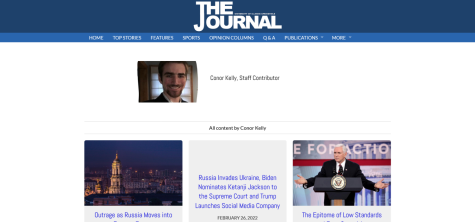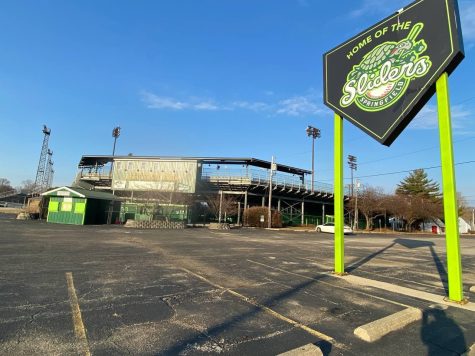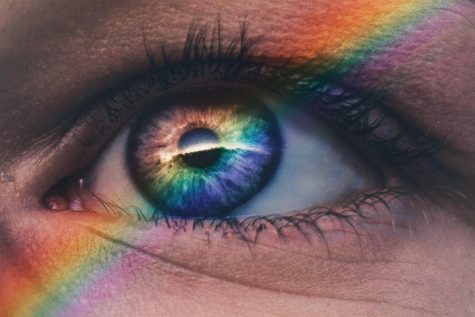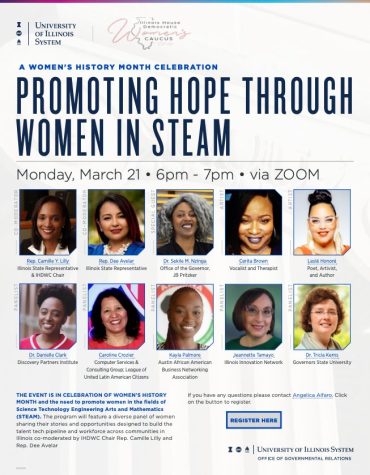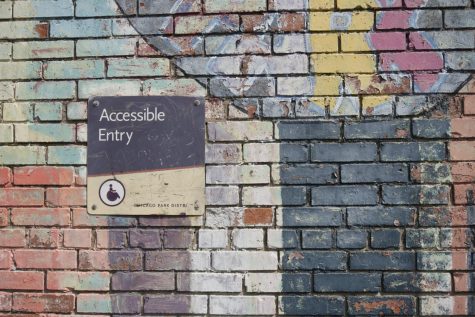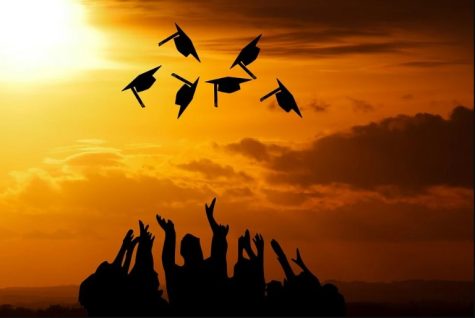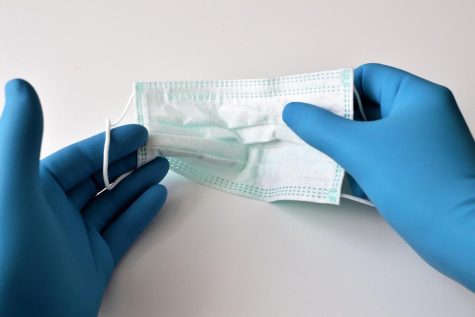BEYOND | How COVID-19 Has Reawakened Sociopolitical Discussions
In the two years since the start of the pandemic, COVID-19 has re-awakened a multitude of sociopolitical concerns circulating through our society. Topics such as race discrimination, public health regulations, and ethical discussions have surfaced more during COVID-19 than we have previously been able to see. It is important to acknowledge these topics since they offer a unique opportunity for us to touch on the deeper problems we have in our society.
The greatest concern that has surfaced through COVID is related to public health and safety responsiveness. The CDC advises that individuals not only wear facial coverings when in public spaces but maintain a six-foot distance apart and sanitize hands often to prevent the spread of COVID-19 through moisture particles. It is also important to quarantine as soon as any coronavirus symptoms are experienced, in order to prevent possible spread, including those who may have been in close contact. Some of these are expectations that were always present with consideration to any virus or illness, with the exception of wearing masks. Despite this, the response from some of the public has been to fight the CDC guidelines and refuse to wear masks, skip vaccinations, and more.
The issue is bigger than anti-masking and anti-vaxxers, though, and goes towards the individualistic mindset that exists in countries like the US. The belief goes more towards protecting the self rather than efforts to protect those around us. This has been problematic when it came to people refusing to receive necessary vaccinations but has now become even more serious due to the magnitude of the pandemic we are in.
Another clear issue that has surfaced through COVID-19 is the poor treatment of the Black and Indigenous People of Color (BIPOC) community. The most obvious example of this has been with the horrific treatment of Asian Americans and Pacific Islander individuals following the misconception that the Asian community was somehow responsible for COVID-19. From physical aggression to the use of slurs, this pandemic highlighted the unfortunate truths of just how much discrimination is brought against the Asian community. Another community that had their discrimination addressed in the open is the Black community, which has faced constant police brutality and prejudice issues impacting the way Black discrimination is addressed. These problems found themselves being made more public by the simultaneous distress of the pandemic, making the impact somehow even more amplified on how Black Americans are mistreated in everyday occurrences.
Again, these were all issues that were present well before COVID-19. The difference is that COVID-19 opened issues that led up to yet another opportunity for us to truly see everyday discrimination under a closer lens. By addressing the distinct ways that COVID-19 has uncovered racism and discrimination of the BIPOC communities, we bring ourselves closer to making bigger changes for the betterment of our country.
So – what took us this long? In truth, these are not obscure concepts, and these issues are not new in any way. We as a country have experienced these issues for quite some time now, yet really have not viewed them as immediate issues until the pandemic made it clear just how impactful they truly are. In the future, we need to be willing as a country to address these issues on a much larger scale before they reach such extreme points. By addressing legislature behind discriminatory occurrences and considering the effects of our individualist views, there may be greater opportunities for change in our country as a whole.

